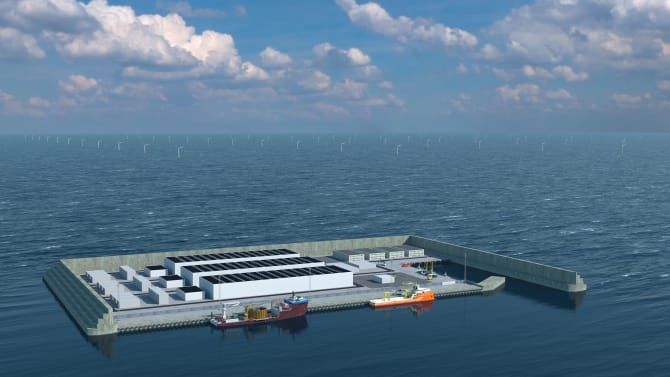Bladeless turbines for wind energy. 😃
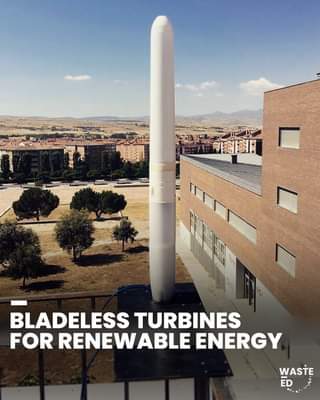


😃
Canadian YouTuber Linus Sebastián reviewed SpaceX’s Starlink Internet on his Linus Tech Tips channel (video below). SpaceX currently operates approximately 1085 internet-beaming Starlink satellites in low Earth orbit that will be part of a constellation of over 4400 satellites designed to connect the planet to the world wide web. To connect to space-based internet Starlink customers use a dish antenna and Wi-Fi router device. The company says the dish antenna is more advanced than what is currently in-use aboard fighter jets. The dish features a phased-array antenna, capable of transmitting and receiving signal from all directions as the satellites move across the sky. This week SpaceX started to accept preorders of the service via Starlink.com.
Linus Tech Tips created a great review video in which he tests Starlink’s speed and also talks about important aspects of the Starlink constellation, including a brief discussion on how the network works. In the video, Linus unboxes the Starlink Kit that costs $499USD, it includes a dish antenna, mounting equipment, power supply, and Wi-Fi router/modem device. The Starlink broadband internet service has no data cap, priced at $99USD per month. Linus and his team install the dish outdoors on top of the roof and connect to the network. First, he used the service to play multiple 4K YouTube videos at once, with good results. He just noticed a small lag when trying to load YouTube thumbnails and comments as four high-definition videos played simultaneously. Then Linus ran an online speed test, Starlink provided him with internet download speed of around 138 megabits per second (Mbps) and latency of 27 milliseconds (ms).
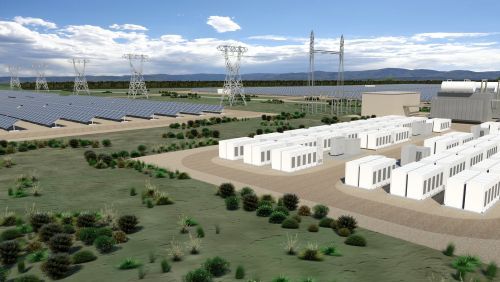

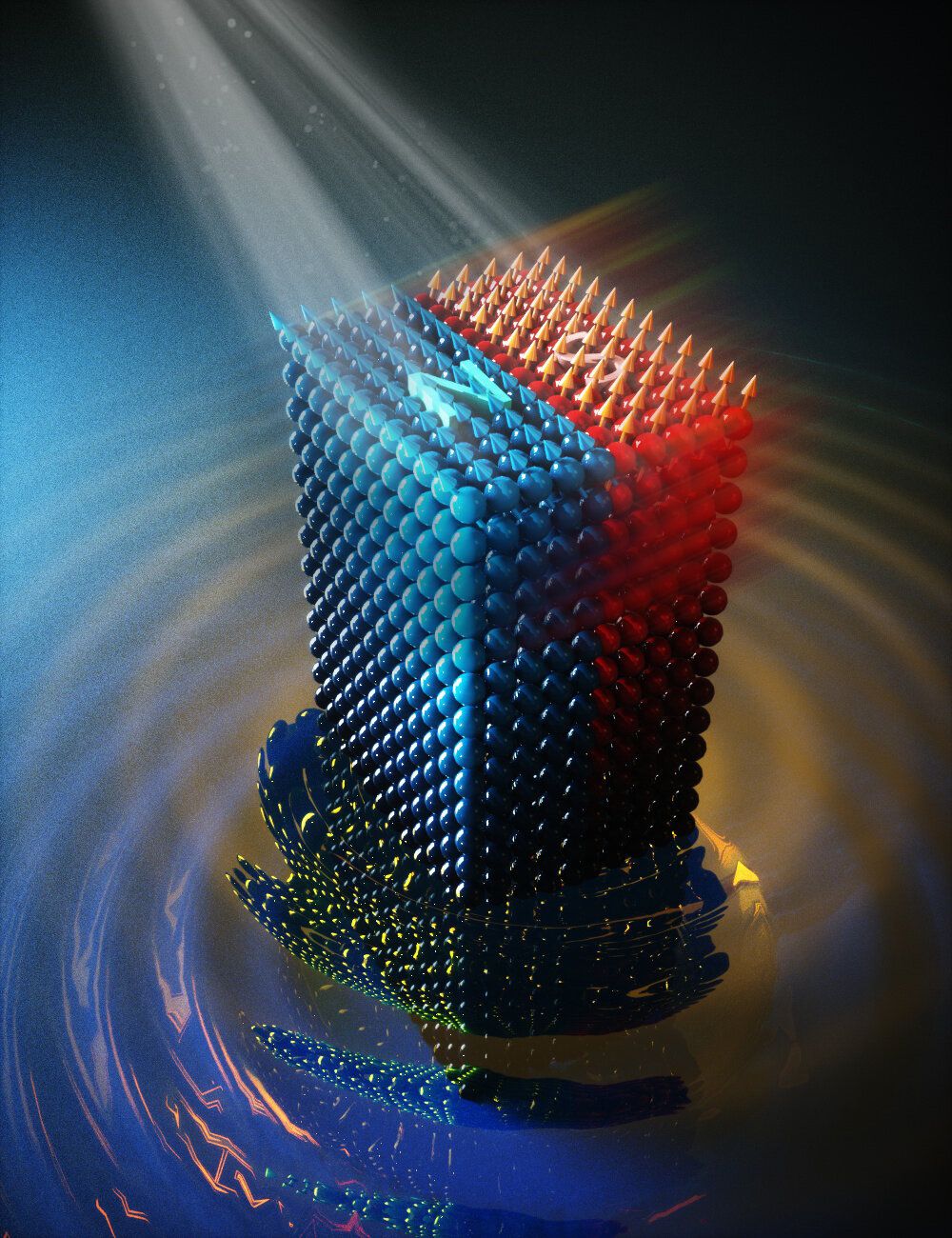
An international team led by researchers of Delft University of Technology (TU Delft) has managed to manipulate the magnetic state of a magnetic material by optically shaking it. The whole process happens within an extremely short time frame of less than a few picoseconds. In times of stalling efficiency trends of current technology, such atomically-driven ultrafast control of magnetism opens broad new vistas for information technology. The results, which have been published in Nature Materials, could eventually lead to fast and energy-efficient data processing technologies, which are essential to keep up with our data hunger.
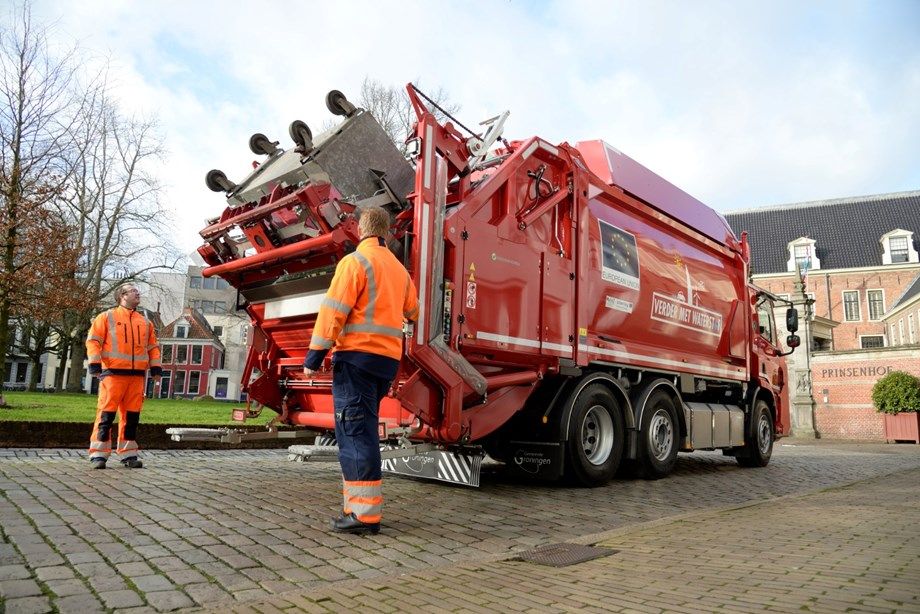
This is “Infinite Power Cell” by SnapWeb on Vimeo, the home for high quality videos and the people who love them.
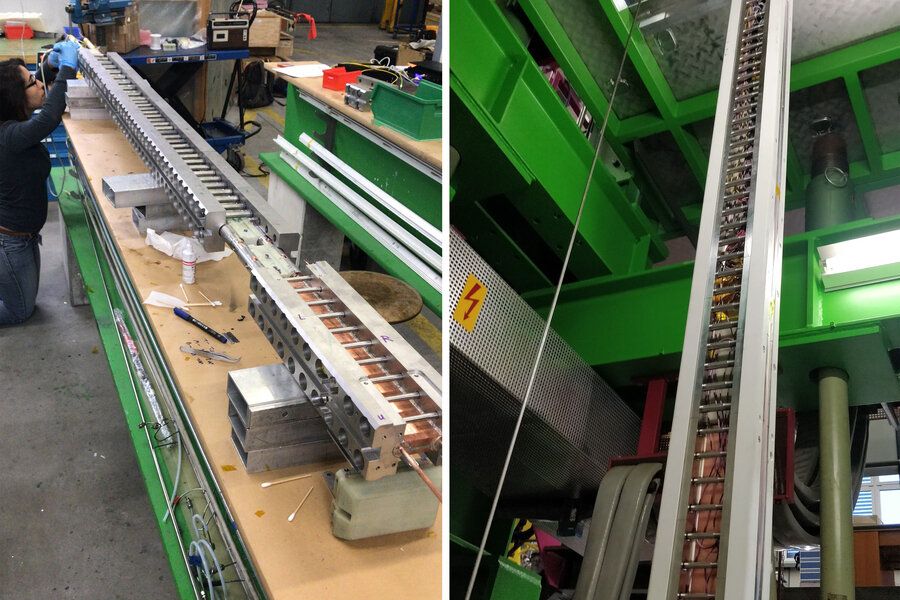
The pursuit of fusion as a safe, carbon-free, always-on energy source has intensified in recent years, with a number of organizations pursuing aggressive timelines for technology demonstrations and power plant designs. New-generation superconducting magnets are a critical enabler for many of these programs, which creates growing need for sensors, controls, and other infrastructure that will allow the magnets to operate reliably in the harsh conditions of a commercial fusion power plant.
